Conservative club TPUSA hosts Assemblymember Kevin Kiley, talks free speech
Club demonstrations caused protests last semester at Sac State
Assemblymember Kevin Kiley takes the stage on Thursday, Sept. 26 at an event organized by Sac State’s campus chapter of Turning Point USA, a conservative group. The chapter’s president Megan Masten said 69 people were in attendance at Thursday’s event.
September 27, 2019
Conservative campus club Turning Point USA, TPUSA, hosted Assemblymember Kevin Kiley, R-Granite Bay, Thursday to discuss issues surrounding free speech on college campuses.
Kiley is currently a state Assemblymember representing District 6, which covers Lincoln and the suburbs around Folsom Lake. He was defeated in a special election for state senate in June by former Assemblymember Brian Dahle, R-Redding.
Megan Masten, club president for the Sac State chapter of TPUSA, said that the club has 40 active members. According to Masten, 69 people were in attendance at Thursday night’s event.
Last semester, TPUSA sparked protests for its stance on immigration.
RELATED: Controversial conservative group Turning Point USA starts Sac State chapter
Kiley discussed censorship of speech on campus. He said that universities have taken a “natural tendency toward censorship.”
The assemblymember pointed to the Foundation for Individual Rights in Education for attendees to educate themselves on free speech issues on campus. The website has pages for colleges, including Sac State, that show exact policy which might infringe on free speech.
He described several reasons for why he believes censorship occurs at colleges. The first was a primarily liberal faculty.
Story continues below tweet.
Assemblyman @KevinKileyCA said that college campus have taken a “natural tendency towards censorship.” He said lack of faculty viewpoint diversity, university bureaucracy, and an emotionally reactive culture are the causes. @TheStateHornet pic.twitter.com/HJAZrdAaDl
— Chris Wong (@ChrisWongWrites) September 27, 2019
He argued against shielding students from sensitive topics through means such as trigger warnings and safe spaces.
The event did not discuss obstacles to free speech liberals face from conservatives, like when Kansas Gov. Jeff Colyer (R) asked for an art piece with the American flag be taken down, as reported by the Kansas City Star.
RELATED: OPINION: Athletes taking knees are exercising their freedom of speech
Ariana Dindzans, a child development sophomore, asked Kiley if a balance for safe spaces and learning is possible.
“As a disabled, bisexual individual, I’ve always thought of safe spaces as a place where I can go to get away from the everyday oppressions that I face as a part of the intersectional minority community,” Dindzans said.
Kiley said that while spaces like the PRIDE Center and other groups are important, classrooms should not be safe spaces.
“Often, it has the effect of making some students feel more valued than others, who happen to express the views that are considered appropriate, and a lot of times it’s the views that are not considered to be mainstream that have some truth in them,” Kiley responded.
Masten believed that Sac State is a friendlier environment than other campuses.
Blake Carlisle, a computer science senior, said he has not encountered obstacles to free speech at Sac State. His previous school, UC San Diego, had free speech zones, which made him feel like his freedom of expression was restricted.
“It’s not UC Berkeley. It’s not 30-minutes-away UC Davis where they literally go up to people’s tables and rip up signs and things like that,” Masten said, describing how students respond to conservatives on other campuses.
She said that students have protested the group before.
Dindzans, who identified as a liberal, was at first nervous to attend the event because of what she said she had heard about TPUSA. She heard from a friend about the national group’s list of liberal college professors, which she said has inspired death threats and harassment.
RELATED: CSU professors featured on controversial ‘Professor Watchlist’
“It was kind of uncomfortable first because I wasn’t sure where everybody stood, but the more I heard them speak, the more I was able to see what they were saying,” Dindzans said.
She said that everyone was friendly to her.
“You are not obligated to listen to them, but if you want to search for common ground that might be a good place to start,” Dindzans said.
Child development sophomore Ariana Dindzaus said she identifies as liberal, but came to the event. Many of the attendees held conservative views. @TheStateHornet pic.twitter.com/SARPfTU1Sz
— Chris Wong (@ChrisWongWrites) September 27, 2019
Patrick Walsh contributed reporting to this story.
Correction: Sept. 30, 2019
An earlier version of this article misquoted Ariana Dindzans as having said “intersex minority community,” when in fact, she said “intersectional minority community.” This story was updated to correct the error.


























































































































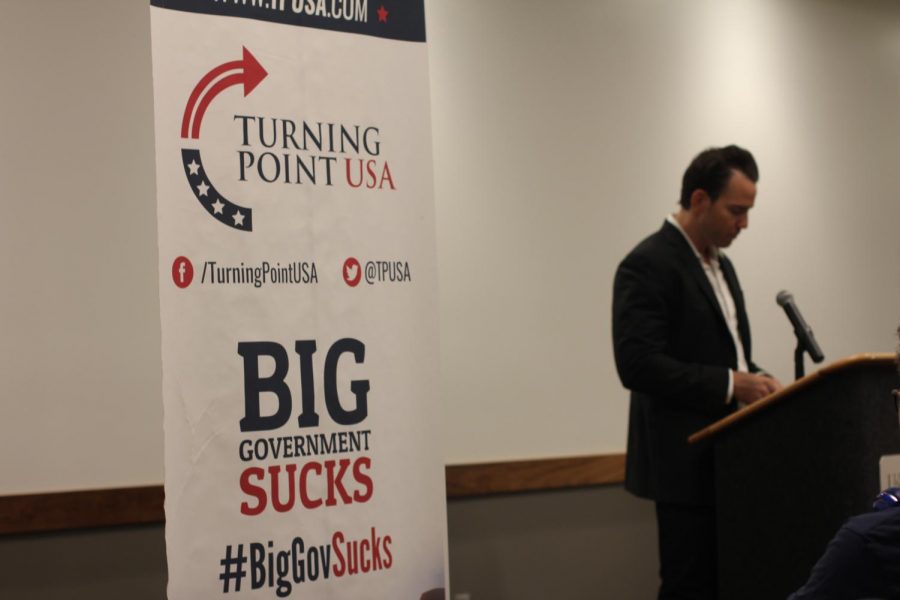
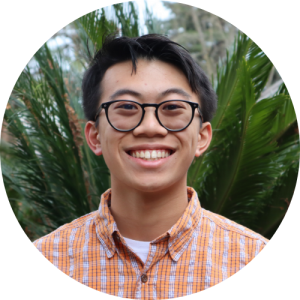



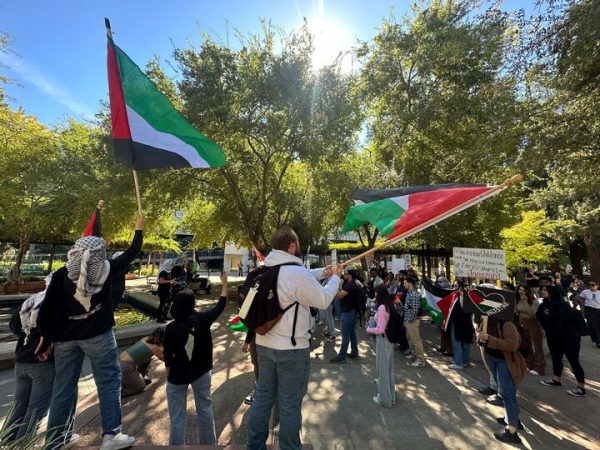

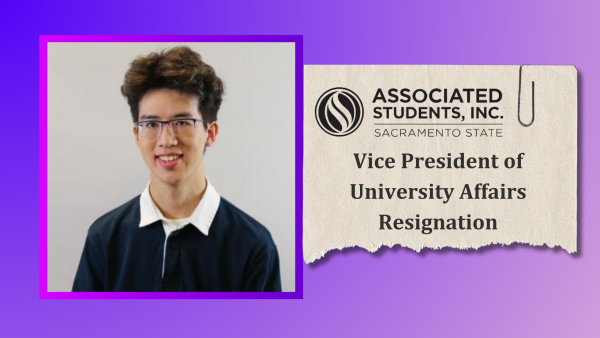
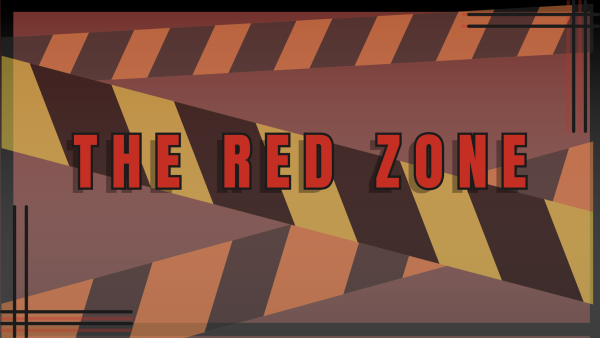
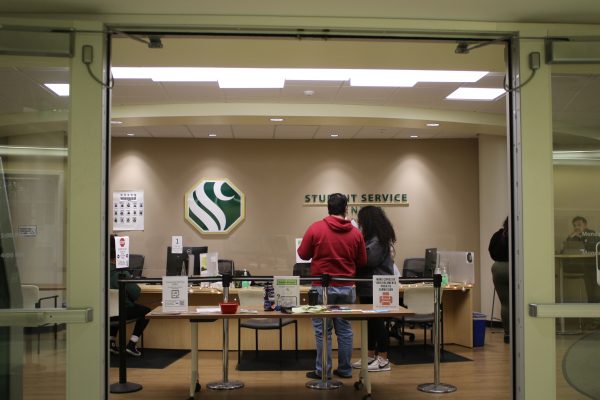
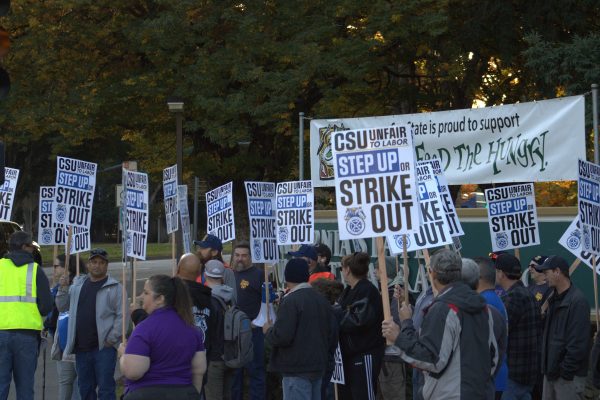
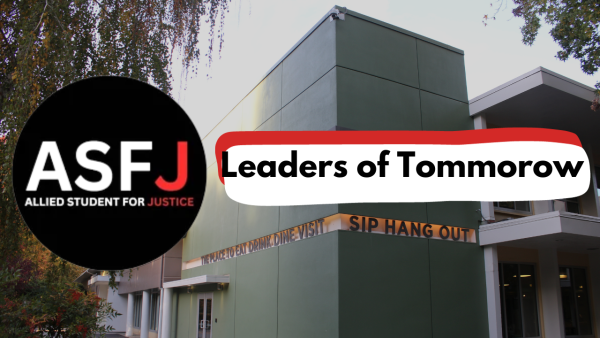
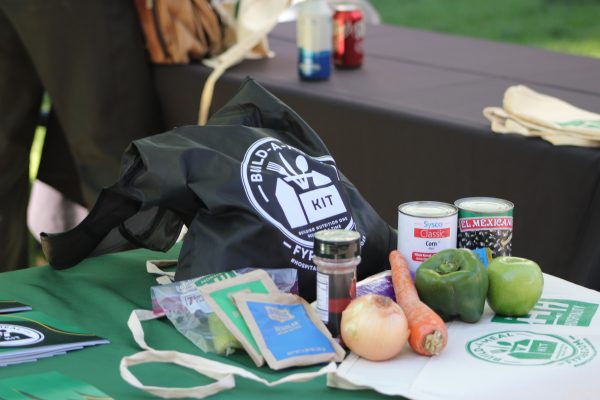
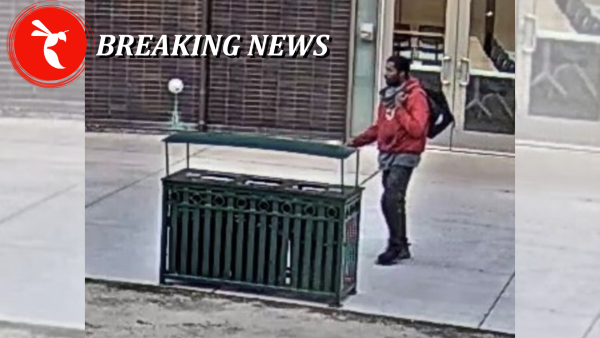
Ariana Dindzans • Sep 28, 2019 at 12:16 am
Just so you know, I said “intersectional community,” not “intersexual.” I understand the confusion – my speech isn’t always very clear.